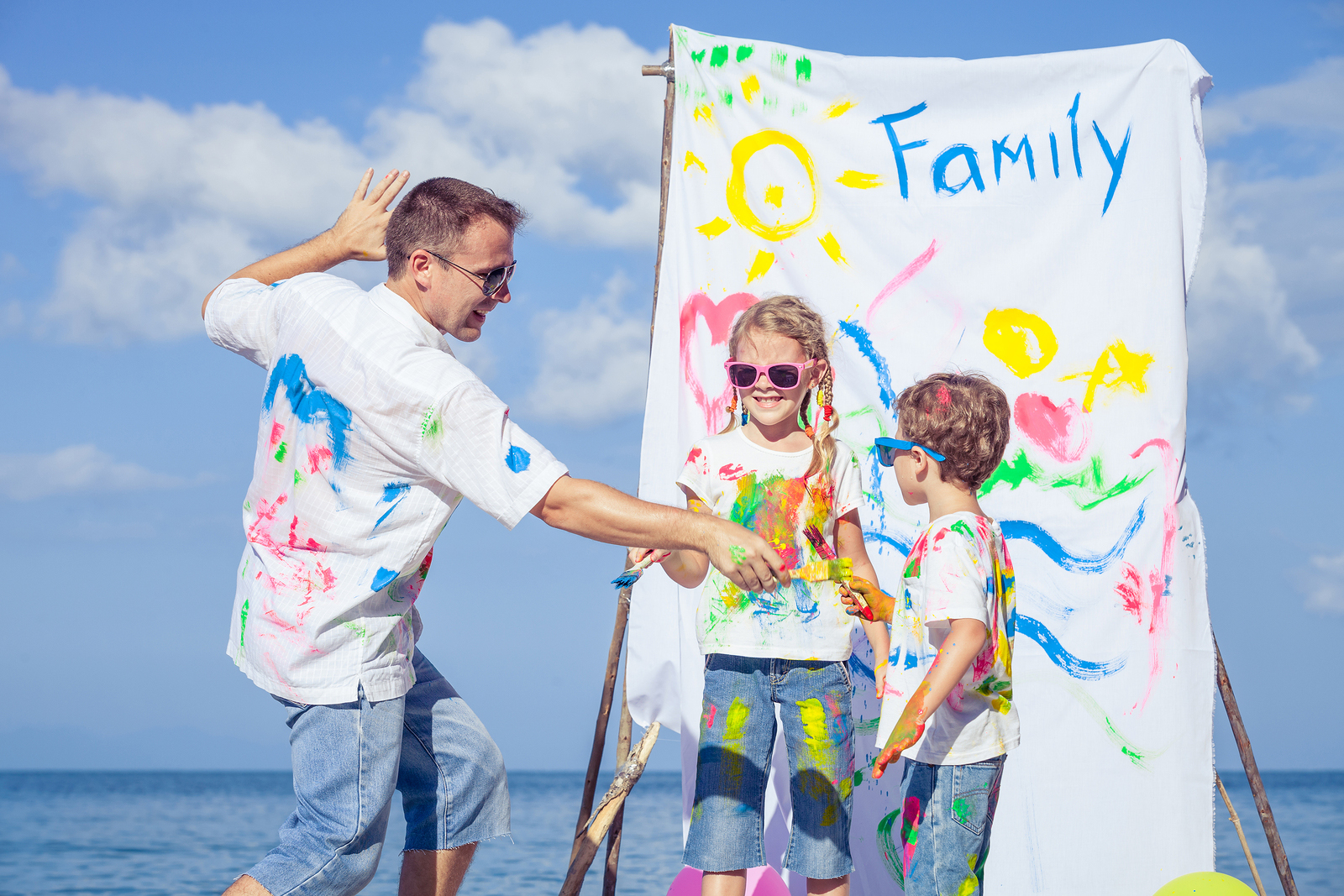
It’s the school holidays and the children are impatient for the day ahead. The dog needs walking, the groceries need doing, your youngest is crying after an unsettled night, and your other little one is screaming for ice cream for breakfast. Just how do you stay calm during summer vacation when you’re slowly beginning to lose your cool and you’re feeling pushed and pulled in different directions, overloaded with emotions and craving just 2 minutes away for some peace and quiet?
Sound at all familiar?
Parenting is undoubtedly one of the most challenging journeys you’ll embark on in life. It’ll test you on a daily basis – in more ways than one – and you’ll constantly need to adapt to address the needs of yourself and your child. The school holidays, in particular, can be a stressful time, especially due to the extra workload and demands while your kids are out of school. It’s easy to feel overwhelmed and upset, and these feelings can often result in a frustrated or angry reaction towards your child.
It’s in these moments when mindfulness can be your most valuable tool as a parent. Not only can it transform your parenting, but it can also work wonders in keeping you calm and balanced, especially when all you want is a little peace and quiet. Mindfulness allows you to be present in the moment and to recognize how your child is feeling, and why.
Adopting the following 3-step mindfulness strategy can help you to strengthen the bond with your child, understand how they’re feeling, and allow you to respond in a more logical and rational way, even on the most stressful of days.
Take a mindful pause
When you feel your stress levels building up, stop what you’re doing and take a mindful pause. This will allow you to step back, observe the situation, and calm your body. Focus on regulating your breathing, and be aware of each breath in, and out.
Recognize your feelings of frustration
Think about the root cause of your frustration. Is the experience bringing out memories from your past? Are you feeling frustrated because of other events or stresses that have taken place in that day? As you calm down, you’ll be able to reflect on what’s going on in your child’s mind. Being present and in the moment will allow you to recognize your feelings of frustration, and address your child’s behaviour in a more positive way.
Respond rather than react
In a calm state, you can respond in a more effective and rational way. By responding, rather than reacting, you can be aware of the present moment and respond in a way that’s consistent with how you want to treat your child. Mindfulness allows you to be in tune with your child’s emotions and listen to what they’re saying and what they need.
It’s important to recognize that experiences from our past can shape our methods of parenting too – even when we vow it’ll never happen. Stress can trigger issues from our childhood, so our reactions can be based on the past rather than the present moment. Mindfulness helps you to recognize this and address which parenting values you want to keep, and which you want to leave behind. Being mindful helps you to achieve calm and balance, and respond better to your child’s needs while also caring for your wellbeing.
Mindfulness can help you to stay composed in the holidays and gain control of your situation. This 3-step strategy can be done at anytime, anywhere. It will help you to observe both your and your child’s emotions, release stress and frustration, and keep a calm and balanced mind.
To your health!

Leave a Reply